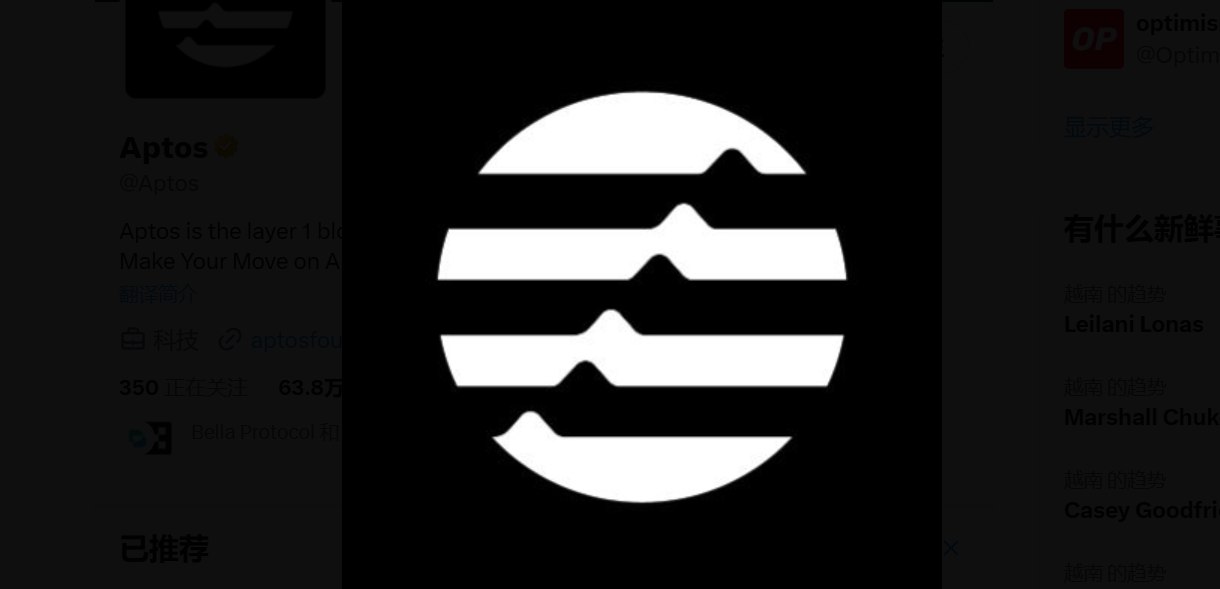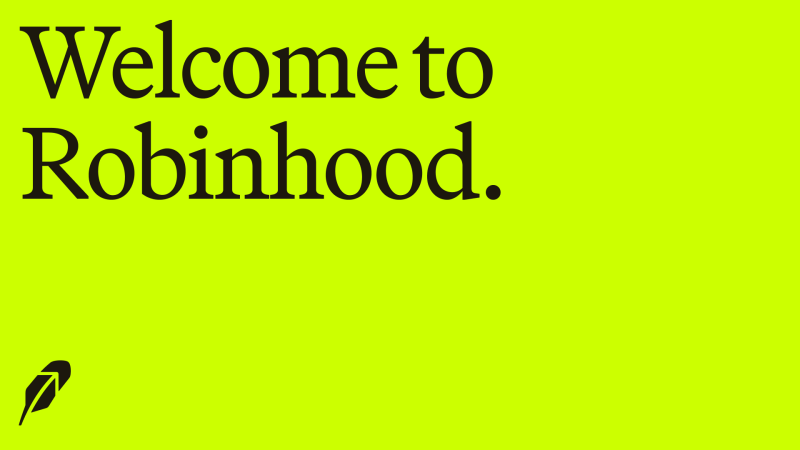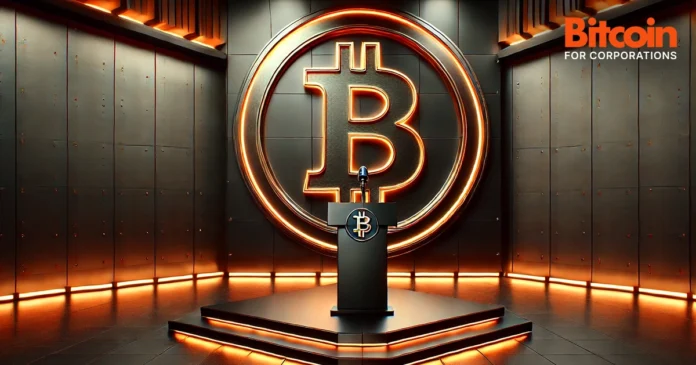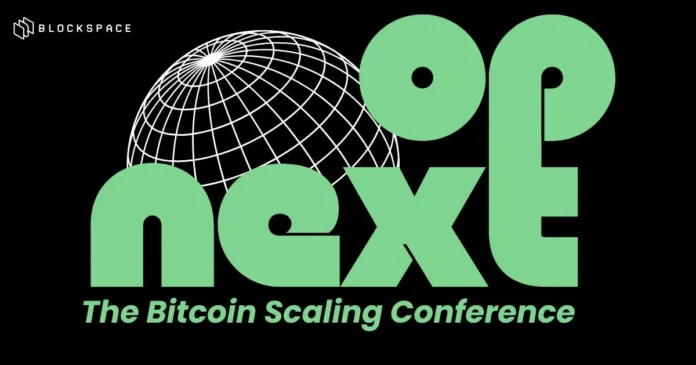HodlX Guest Post Submit Your Post
Introduction – The dawn of a new financial era
The financial industry is undergoing one of the most transformative shifts in history, fueled by blockchain technology and digital assets.
Among these advancements, tokenization stands out as a game-changer, poised to revolutionize asset ownership, investment accessibility and global liquidity.
But how exactly is tokenization reshaping the financial markets, and what does the future hold for investors? Let’s explore.
Understanding tokenization in finance
Tokenization refers to the process of converting RWAs (real-world assets) – such as real estate, stocks, commodities or even fine art – into digital tokens on a blockchain.
These tokens represent fractional ownership of an asset, allowing for secure, transparent and efficient trading without the need for traditional intermediaries.
This concept is not entirely new, but recent advancements in blockchain infrastructure have made tokenized assets more viable than ever.
The key benefits include the following.
- Increased liquidity – Tokenized assets can be traded 24/7, providing liquidity to traditionally illiquid markets like real estate.
- Fractional ownership – Investors can own a portion of high-value assets, lowering entry barriers and democratizing investment opportunities.
- Security and transparency – Blockchain ensures that transactions are immutable, reducing fraud and enhancing investor confidence.
- Faster settlement times – Traditional financial settlements can take days, whereas blockchain-based transactions are nearly instantaneous.
Industries leading the tokenization movement
Tokenization is disrupting multiple industries, from real estate to fine art and beyond.
Here are some notable examples.
1. Real Estate
Property tokenization allows investors to purchase fractional ownership in high-value real estate properties.
Companies like RealT and Lofty AI are already leveraging blockchain to make real estate investment more accessible.
2. Stock markets
Stock exchanges are exploring tokenized securities, which could enable global 24/7 trading without intermediaries.
For instance, the Swiss SDX (SIX Digital Exchange) has introduced tokenized bonds and equities.
3. Commodities and precious metals
Gold-backed tokens – such as Paxos Gold (PAXG) and Tether Gold (XAUT) – provide a digital alternative to physical gold investments with seamless global trading.
4. Alternative assets – Art, collectibles and IP rights
Platforms like Masterworks enable investors to own shares of high-value artwork, turning exclusive assets into tradable digital securities.
Challenges and regulatory landscape
Despite its advantages, tokenization still faces regulatory hurdles. Financial authorities worldwide are grappling with how to classify and oversee tokenized assets.
Will they be treated as securities? How will taxation and investor protections evolve?
The answers will shape the trajectory of this revolutionary technology.
The future of tokenized finance
As institutional investors warm up to digital assets, tokenization is likely to become a mainstream financial instrument.
In the coming years, we can expect the following.
- More government-backed tokenized assets – e.g., CBDCs (central bank digital currencies)
- Integration with traditional finance – hybrid models combining blockchain and conventional banking
- Wider adoption in emerging markets, where access to traditional banking is limited
Conclusion – Are we ready for the tokenized economy
Tokenization is no longer a futuristic concept – it’s happening now.
The next decade will likely see a profound shift toward digitized financial systems, with blockchain at the core. Investors, institutions and regulators must collaborate to ensure a secure, scalable and inclusive financial ecosystem.
Diksha Chawla is the founder of FinLecture, an insightful platform dedicated to making finance more accessible and understandable. With a strong academic background in business administration, Diksha is passionate about empowering individuals with the knowledge and tools they need to make informed financial decisions.
Featured Image: Shutterstock/Jitu Store/Natalia Siiatovskaia
















No comments yet